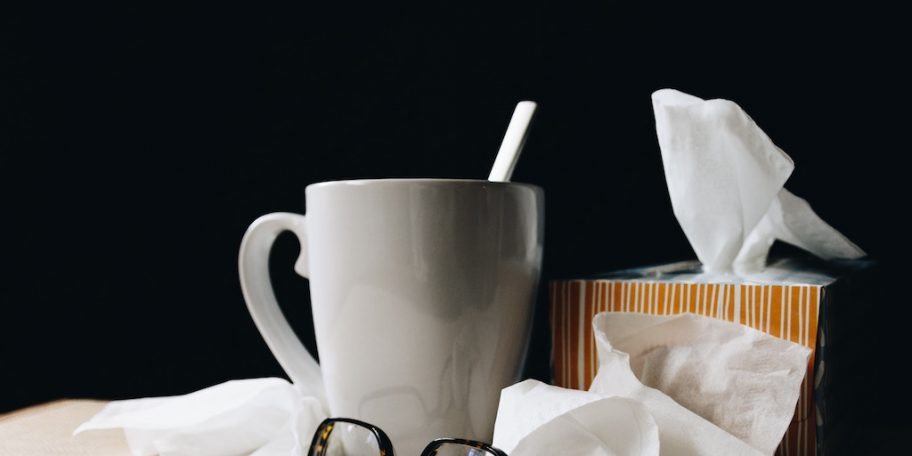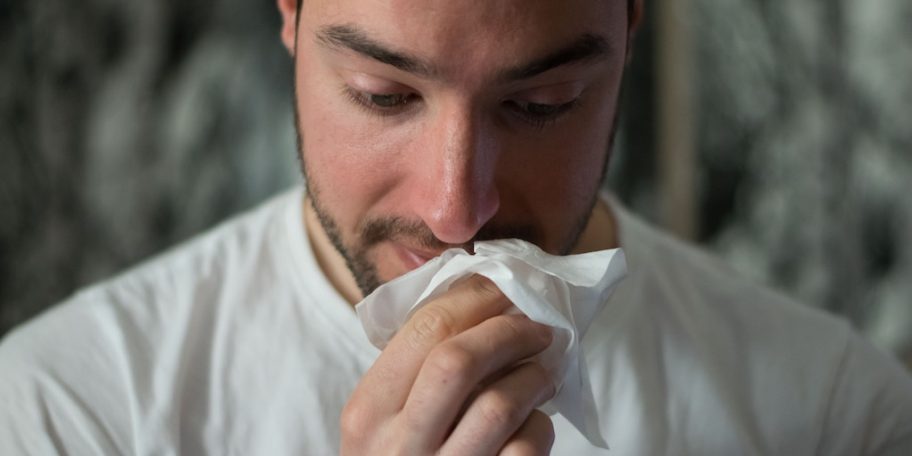Nasal polyps are soft, jelly-like overgrowths of the lining of the sinuses. They look like grapes on the end of a stalk. They occur in around 1 in 200 people, mostly by the age of 40 years.
Symptoms of nasal polyps
Polyps do not always cause symptoms but as they grow down from the sinuses into the nasal cavity, the result is often a blocked nose. More importantly, they can block the tunnels connecting the nose to the sinus cavities preventing circulation of air and mucous. Like water in a stagnant pond, this can lead to bacterial overgrowth and sinus infections.
Causes of nasal polyps
The cause is usually unknown, but inflammation in the sinuses (from allergy or infection) may trigger polyps and make them grow faster. An allergic response to fungus is on occasion a major conributing factor and on rare occasions patients respond to an antifungal nasal spray. Unfortunately it is not easy to determine which polyp patients will respond to this treatment.
Nasal polyps are also seen in three unique situations: asthma, cystic fibrosis and aspirin sensitivity. Nasal polyps occur in:
- 15% of asthma patients
- 25% of cystic fibrosis patients
- Most asthma patients with aspirin sensitivity
Treatment
- Surgical removal, although they will regrow eventually in around 50% of people, especially those with aspirin allergy.
- Cortisone tablets will shrink them down temporarily, but long-term use is restricted to the most severe cases because of side-effects.
- Cortisone / steroid nose sprays slow polyp growth. People with recurrent polyps who have had multiple operations are often advised to stay on these sprays forever. In people with recurrent disease, nasal steroid sprays should be considered as “weed killers”, which need to be used continuously. Slower growth means fewer sinus infections, less antibiotics and less frequent surgery.
- Allergy desensitization injections are sometimes used in allergic people with hay fever as well as polyps. While this often helps hay fever, it is unlikely that the injections will help shrink the polyps.
- Diet – there is no evidence that altering the diet will help.
- People with aspirin allergy, nasal polyps and asthma (a condition known as the ASPIRIN EXACERBATED RESPIRATORY DISEASE) have the option of aspirin desensitization, which can reduce asthma severity, the rate of polyp regrowth and the severity of sinusitis. The decision to undertake aspirin desensitization should be made by an allergy specialist.
- A new treatment for severe nasal polyps is a drug called DUPIXENT which reduces the size of nasal polyps significantly. This very effective drug is not a steroid but unfortunately is very expensive(about $35,000 per year) and requires insurance preauthorization. It is reserved for the most recalcitrant cases.


